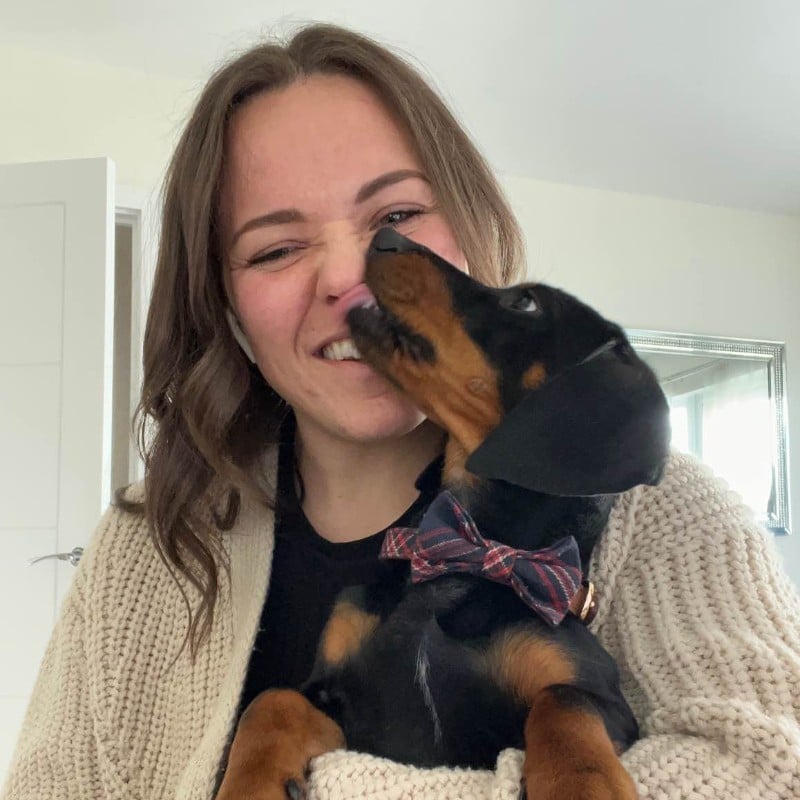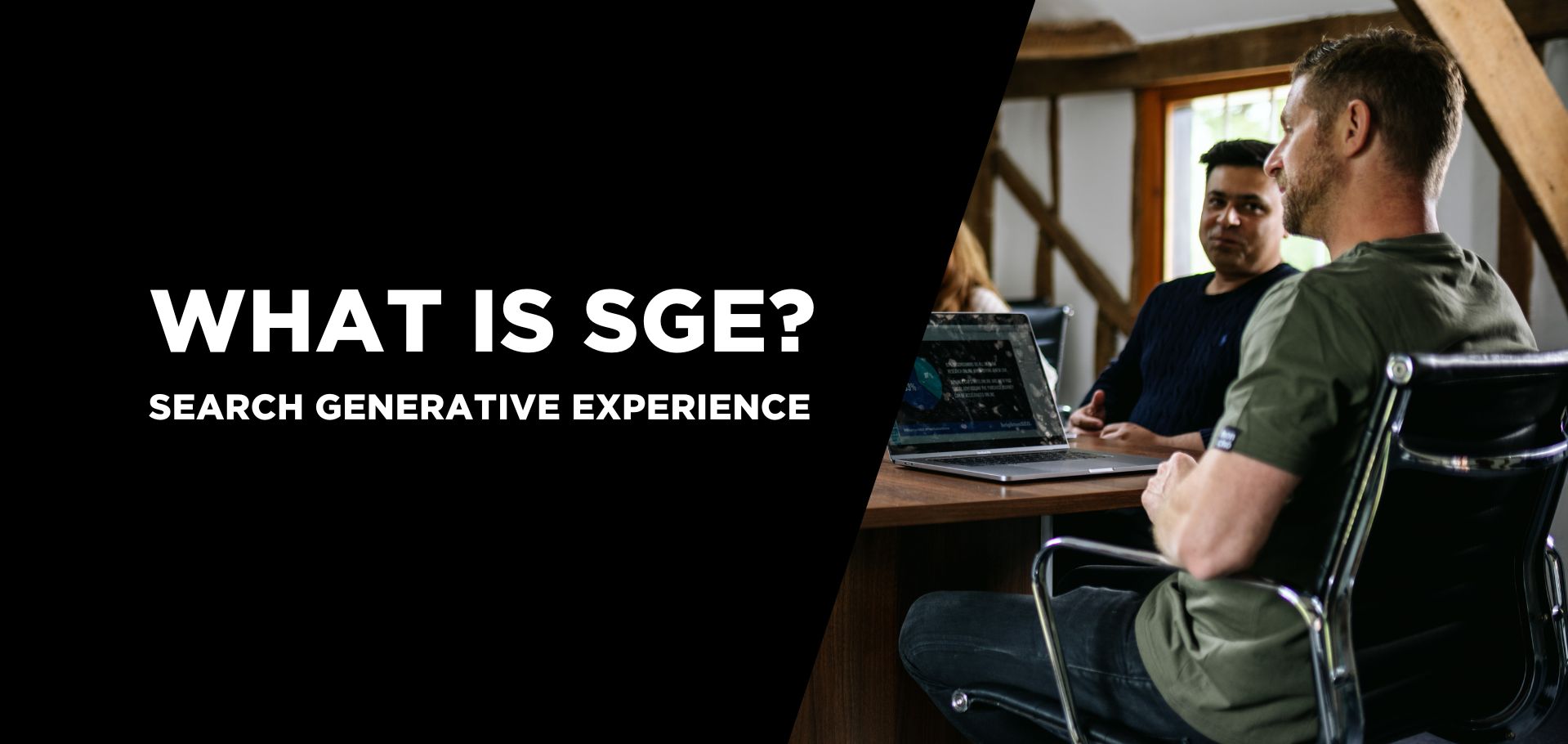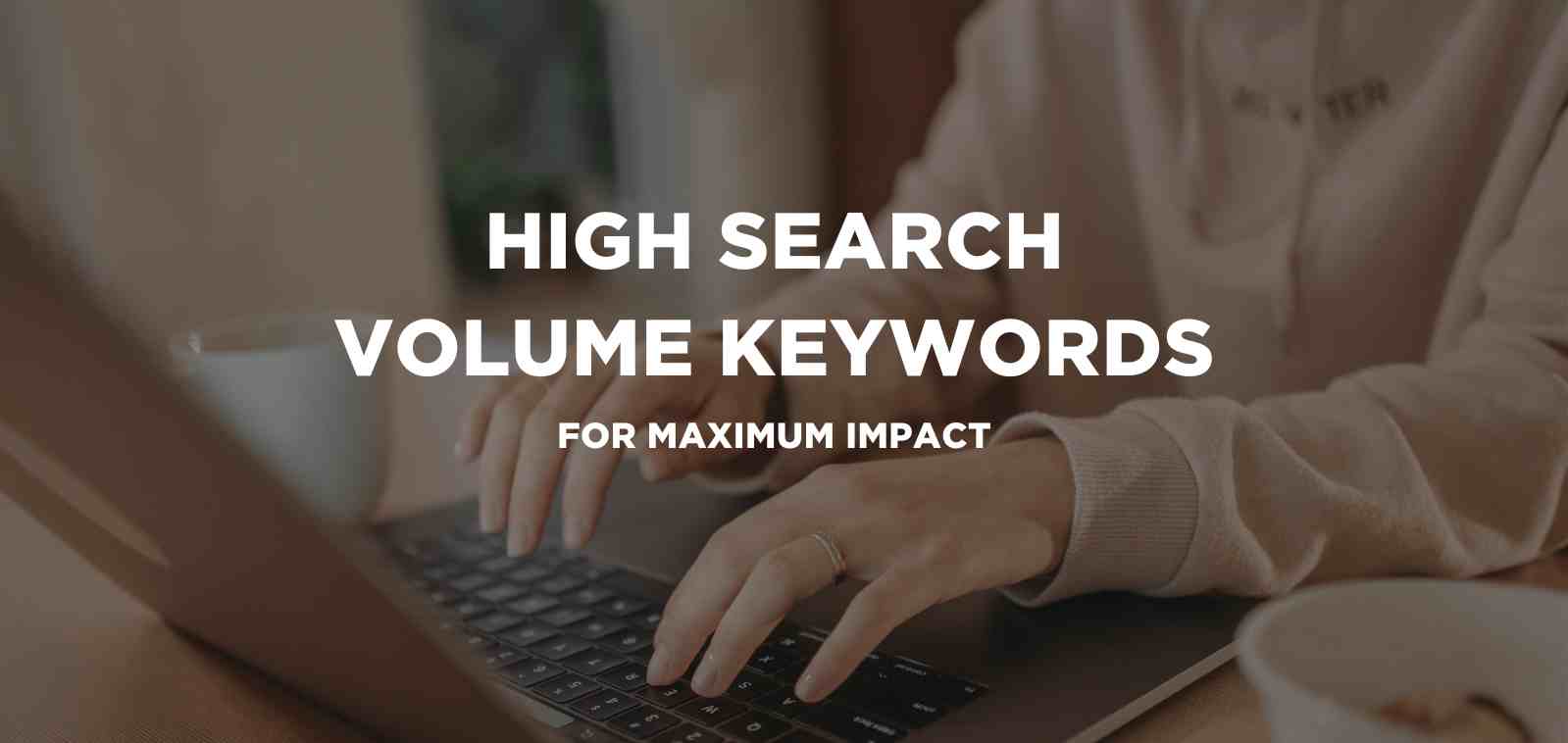2 min read
What is Google Search Generative Experience? (SGE)
What is Google SGE? Think of Google SGE as your helpful buddy on the search results page. Instead of making you click on different websites, it pulls...
6 min read
 Jade Halstead
:
Nov 23, 2022 6:09:04 AM
Jade Halstead
:
Nov 23, 2022 6:09:04 AM

Marketing has never been so competitive. With the cost of living increasing and inflation rising, customers are being more frugal than ever. Plus, with people being exposed to up to 5,000 ads a day, us marketers truly have our work cut out.
However, there are smart tactics and solutions available, if we’re open and receptive to trying or implementing them.
In this article, we look at the importance of understanding buyer psychology and why conducting customer interviews is imperative for brand success.
In simple terms, it’s understanding the psychology of your buyer.
Although it’s been around for years, many marketers and brands have opted for the classic ‘buyer persona’ where marketers create the perfect buyer rather than focusing on their product and working backwards. If they were to do this, many brands would find themselves with a completely different target audience than the one first anticipated.
Buyer psychology is the term used to describe in-depth profiling, thought patterns and customer behaviours. It allows us to understand our buyers and why they make decisions to purchase.
Marketing is about understanding people.
— Katelyn Bourgoin ⚡️ (@KateBour) November 17, 2022
It’s that simple.
And that hard.
Understanding is power, and understanding your customers takes the guesswork (and frustration) out of your marketing.
When you understand your audience and what makes them buy, you can use these insights to inform every area of your business and ultimately, make smarter marketing decisions.
What it can help you do:
Because right now, your five perfectly constructed personas might give you some key demographics and where your buyer likes to hang out online, but do they provide you with the emotional trigger that makes them buy?
Nope. (Unless they do, then kudos to you!)
Understanding your audience on a deeper level saves you money. Your ads will convert better and start catching more attention, your landing pages will start answering the questions your potential consumers have and you’ll be able to create an intelligent marketing strategy.
In business, it’s common (but not best practice) to assume we know what our customers want and why they want it based on the ‘solutions’ we think our products provide.
Don’t assume. Interviews are the best way for you to gain extensive knowledge of your customers and why they bought from you. They’re an opportunity to ask in depth questions which will provide you and your marketing team with a comprehensive dataset and guidelines on how to market more effectively.
During customer interviews you will be:
Customer interviews are also a great way to get data on anything you want:
As customer interviews are flexible, you can adapt the questions and the format however you like to get the answers you want.
Surveys have their place within the realms of marketing, but interviews are the platinum standard for gathering the data we want.
When speaking face to face, people are more likely to give you longer and more descriptive answers which will give you the information you’re looking for.
Or if they don’t give you enough information, you can ask more questions to tease it out of them.
During the interviews, the key things you will be looking to understand are:
Buying journeys are more complex than we think and buying decisions aren’t always straightforward. Depending on the product being purchased, the buyer could go on a long and winding journey before clicking the all-important confirm order button.
Once you understand the trigger, you have compelling information to guide your next steps.
To learn more on the emotions of marketing, we have the perfect article ‘The Emotions Behind Marketing’ .

A trigger moment is a key event in your customer’s life that makes them realise they need a solution to a problem.
People who have been triggered don’t always know the solution to their problem, but they’re aware they have a problem. This is where you can step in.
Understanding the steps your consumers will take before purchasing gives you insights as to how you can reach your customers and provide value before they actively start looking to purchase. When they actively start looking, you’ll be competing against a large number of other brands who can also offer them a solution.
You’ll need to think outside the box and get creative at this stage, but that’s the best part about marketing!
Loving what you’re reading? Start a conversation with us here.
If you already have your customer segmentation defined, reaching out to customers from the top three segments is a great place to start interviews. This is because the majority of your customers will fit into one of these three segments.
You should also have a mix of new customers, superfans (people who buy from you often) and every-so-often buyers from each segment.
We encourage you to interview the customers as close to their purchase date as possible so they can recall their journey clearly.
Another great way to gain insights and research your audience is to engage with your customers on social media. Think Reddit, Facebook groups etc. What potential questions will your future consumers be asking? (Hint: You’ll find out after you’ve interviewed them).
Most people love to give their opinions and if they’re a happy customer, they are usually more than happy to get involved for free.
However, to build loyal fans and reward them for their support, we recommend gifting with the following:
When interviewing your customers, you need to put your best detective hat on as you’ll need to tease out your customers’ underlying emotions and feelings. It’s important that the interviewer has a good understanding of human psychology and behaviour in order to interpret what the customer is saying.
You should focus on building rapport for the first few minutes when starting the interview. Ask them questions about themselves and be interested. What happens in the first few minutes either sets up the interview for success or failure.
If you build rapport early on, this will encourage the interviewee to be honest due to feeling comfortable in your presence.
Every interview will be different and you should have some initial questions prepared to guide the conversation – but once you start your detective work, they may go out of the window.
Top tip: Create different interviews for gathering different types of data. Rather than being extremely broad, hone in on one or two topics within each interview.
Typically, customers aren’t going to go straight to their buying trigger, so as mentioned before, you’re going to need to put your detective hat on. Remember, you need to tease out the underlying emotions and feelings.
1. Detailed overview of their customer journey
“Can you give me a detailed overview of your customer journey from the moment you realised you needed to buy a product to actually buying the product?”
2. What was their buying trigger? This will be a ‘job to do’ or a problem they’re facing.
“When was the very first time you realised you had a problem that needed a solution? (We call this a trigger moment)”
3. What job were they trying to get done?
Understanding the context of their problem/trigger gives marketers insight into how they can craft the perfect messages and content.
“Can you give me as much detail about your problem/trigger moment as possible, please? Especially how you were feeling.”
4. Touchpoints
“How many touch points did you have with our brand?”
“What were your thoughts and feelings at each touch point?”
“What stopped you from purchasing at each touch point”
5. Uncovering pains they may have with other solutions
“What other solutions did you consider when trying to solve your problem?”
“Were you considering other brands?”
“How did you carry out research?”
“What types of questions were you asking?”
“Where else did you find inspiration?”
“Did you try any other solutions before ours?”
6. What were your selfish desires?
“What were the real underlying reasons you wanted to solve this problem?”
Record all interviews so both you and other members of your brand can review them at a later date.
Transcribe the interviews and have a member of the team analyse them. This is incredibly important!
Have the key pieces of information pulled into an easily readable form, such as a Google sheet. The data should be segmented and broken down into different psychographic and behavioural groups. This will help you understand how different groups make decisions and the terminology they like to use.
Look out for keywords and phrases that can be used in ads as this will help them connect and resonate with your audience.
Also consider tracking the emotions consumers experience at different touch points in their journey as this will help guide ads. Share this with other people in your company as a journey map.
Once the data has been combined, create new and updated personas based around emotions and buying triggers for your marketing teams to use.
Things to consider:
Interested in gaining more customers for your business? Then get in touch with us and see how we can help you.

2 min read
What is Google SGE? Think of Google SGE as your helpful buddy on the search results page. Instead of making you click on different websites, it pulls...

5 min read
Discover the power of high search volume keywords and how to effectively use them to boost your online presence and drive maximum impact.

2 min read
We're delighted to officially announce our partnership with Eflorist, one of the world’s leading flower delivery brands with over 54,000 local flower...
Covid-19 has hit us all hard. Marketing budgets are being slashed, reduced services are being deployed, and in some cases trading has ceased...
1 September 2019 Franchised dealers are being urged not to take their eyes off the ball in September by concentrating their online marketing...

“Sex sells!” No, it doesn’t but it does generate clicks hence why I’ve cynically employed the word here. Sorry, not sorry.